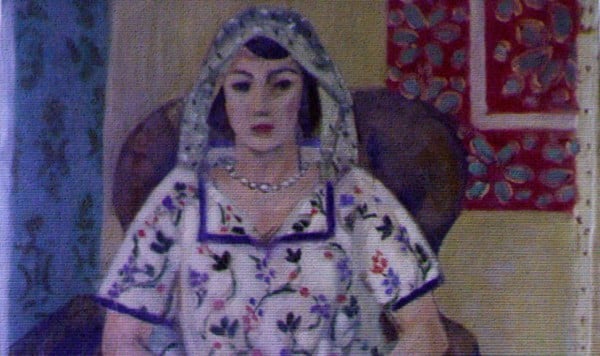Law & Politics
Germany Criticized for Bureaucratic ‘Bullying’ Over Gurlitt Restitution


Henri Neuendorf

German authorities are facing criticism over the handling of the Gurlitt restitution case, Süddeutsche Zeitung reports. Almost a year after Gurlitt’s death only three of the one thousand works found in his possession have been identified as Nazi-looted art, and none have been restituted.
The delays have also been criticized by Gurlitt’s cousin, Ute Werner, who is set to leak documents online for transparency (see Thousands of Documents Belonging to Nazi-Era Art Dealer Hildebrand Gurlitt Leaked Online).
The first two works could be restituted within the coming weeks, but what’s stalling the return is a final rubber-stamping by a Munich court. “I would be very surprised if there were problems there,” Chris Marinello, the lawyer of the Rosenberg heirs, who own a Matisse from the collection told SZ. (see Matisse From Gurlitt Trove Once Belonged to Paul Rosenberg and Rosenberg Heirs’ Claim to Gurlitt Matisse Stalled).
However David Toren, great-nephew of the former owner of Two Riders on the Beach by Max Liebermann remains skeptical due to the excessive bureaucratic procedures the German authorities imposed on him in recent months. “I’m not so sure,” he says (see Germany Sued by Holocaust Survivor for Return of Seized Max Liebermann Painting).
The heirs view the German government’s ever-changing demands for documents and records as bureaucratic “bullying,” the SZ reports, especially as negotiations over the return of both paintings have already been finalized shortly before Gurlitt’s death.
In an email to artnet News Chris Marinello pointed out, “Bureaucracy is meant to serve and assist the people. The people are not meant to serve the Bureaucracy.”
The owner of Carl Spitzweg’s Musician Pair, Martha Hinrichsen, said “The delay proved to me that Germany doesn’t make it easy for legitimate heirs to get their art back. Especially as documents accepted in previous restitution cases are now invalid.”
The Ministry for Culture and Media insisted that the lengthy efforts were necessary to ensure that the paintings are restituted to the correct members of some of the widely branched families.